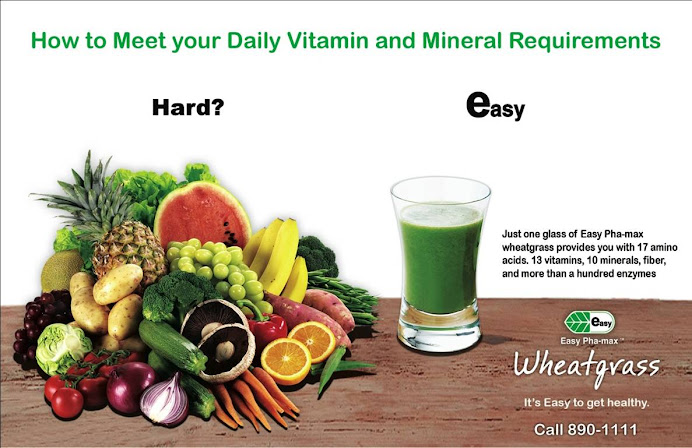Dear Readers,
Before you reach for that Coke or Iced Tea, think again. The American Heart Association has published a report on the direct link between sugar-sweetened beverages and Hypertension.
"In the International Study of Macro/Micronutrients and Blood Pressure (INTERMAP), for every extra sugar-sweetened beverage drunk per day participants on average had significantly higher systolic blood pressure by 1.6 millimeters of mercury (mm Hg) and diastolic blood pressure higher by 0.8 mm Hg. This remained statistically significant even after adjusting for differences in body mass, researchers said."
Researchers found higher blood pressure levels in individuals who consumed more glucose and fructose, both sweeteners that are found in high-fructose corn syrup, the most common sugar sweetener used by the beverage industry.
 |
| Soda and Other Sweetened Beverages - Drink in Moderation |
Higher blood pressure was more pronounced in people who consumed high levels of both sugar and sodium. They found no consistent association between diet soda intake and blood pressure levels. Those who drank diet soda had higher mean BMI than those who did not and lower levels of physical activity.
"This points to another possible intervention to lower blood pressure," said Paul Elliott, Ph.D., senior author and professor in the Department of Epidemiology and Biostatistics in the School of Public Health at Imperial College London. "These findings lend support for recommendations to reduce the intake of sugar-sweetened beverages, as well as added sugars and sodium in an effort to reduce blood pressure and improve cardiovascular health."
The researchers found that sugar intake in the form of glucose, fructose and sucrose was highest in those consuming more than one sugar-sweetened beverage daily. They also found that individuals consuming more than one serving per day of sugar-sweetened beverages consumed more calories than those who didn't, with average energy intake of more than 397 calories per day.
Those who did not consume sugar-sweetened beverages had lower average body mass index (BMI) than those who consumed more than one of these drinks daily. "People who drink a lot of sugar-sweetened beverages appear to have less healthy diets," said Ian Brown, Ph.D., research associate at Imperial College London. "They are consuming empty calories without the nutritional benefits of real food. They consume less potassium, magnesium and calcium.
"One possible mechanism for sugar-sweetened beverages and fructose increasing blood pressure levels is a resultant increase in the level of uric acid in the blood that may in turn lower the nitric oxide required to keep the blood vessels dilated. Sugar consumption also has been linked to enhanced sympathetic nervous system activity and sodium retention."
The American Heart Association recommends no more than half of the discretionary calorie allowance from added sugars, which for most American women is no more than 100 calories per day and for most American men no more than 150 calories per day. Discretionary calories are the remaining calories in a person's "energy allowance" after consuming the recommended types and amounts of foods to meet all daily nutrient requirements.
Co-authors are: Jeremiah Stamler, M.D.; Linda Van Horn, Ph.D., R.D.; Claire E. Robertson, Ph.D., R.Nutr.; Queenie Chan, M.Sc.; Alan R. Dyer, Ph.D.; Chiang-Ching Huang, Ph.D.; Beatriz L. Rodriguez, M.D., Ph.D.; Liancheng Zhao, M.D.; Martha L. Daviglus, M.D., Ph.D.; Hirotsugu Ueshima M.D., Ph.D.; and Paul Elliott, Ph.D. Author disclosures are on the manuscript.
The National Heart, Lung, and Blood Institute, National Institutes of Health, Chicago Health Research Foundation and national agencies in China, Japan and the United Kingdom funded the study.
The above story is reprinted (with editorial adaptations by ScienceDaily staff) from materials provided by American Heart Association







